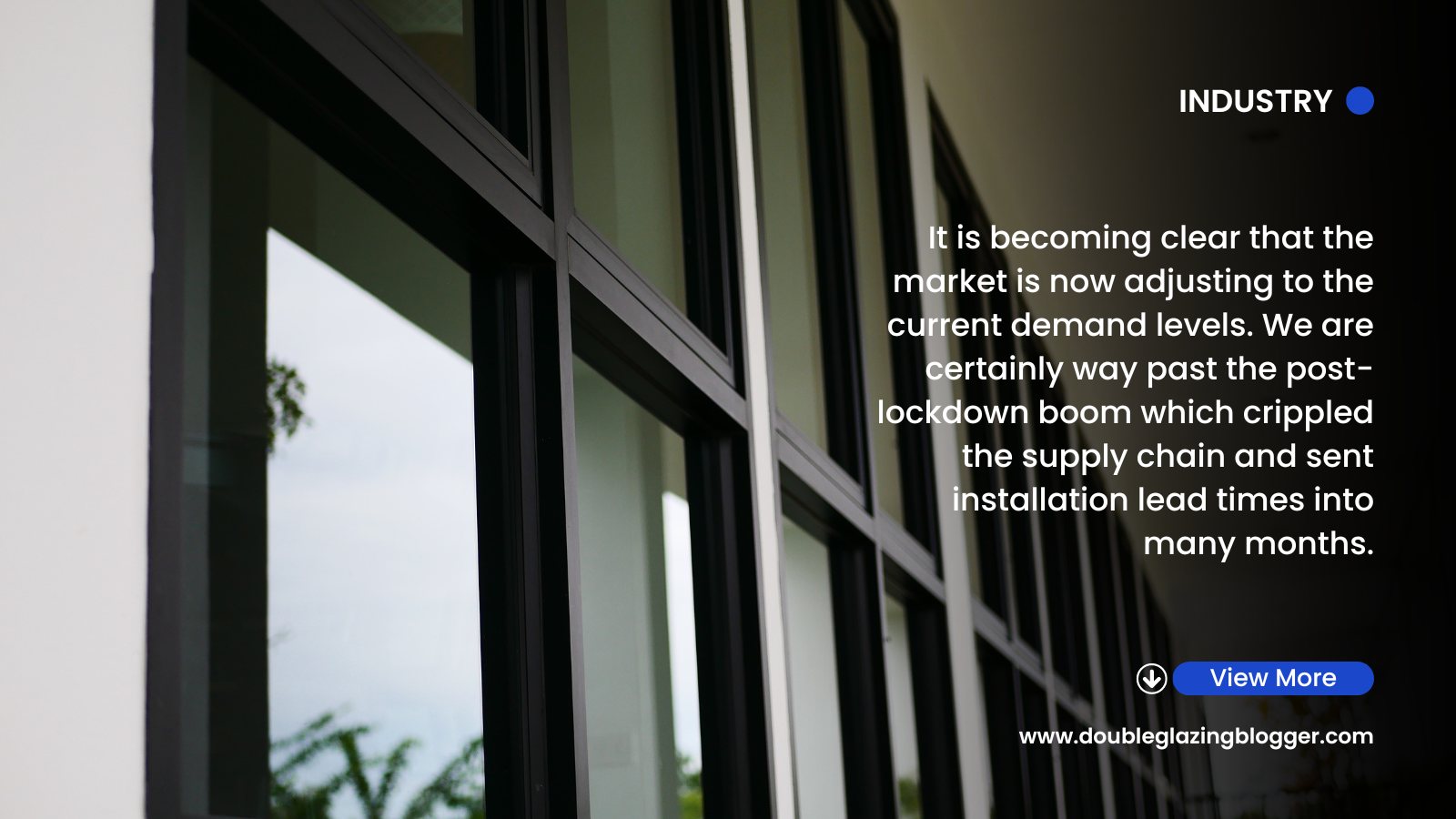Everyone knows what January is like. Christmas is still being paid off by millions of families. Credit card bills are at their highest. The daily grinding routine for many is restarted, except with a lot less money to spend. And that leaves companies selling big ticket items, like windows and doors, with a bit of a problem.
The rush for lead generation
Naturally, as a new year begins, window and door companies will move quickly to restore leads to pre-Christmas levels as soon as possible. The near two week delay in activity will hit a few weeks down the line, so as much needs to be done now as possible to restore some parity.
Advertising rises, the sales force gets into gear and the marketing agencies and internal departments do their thing. If all goes well, window and door companies see leads coming in. That’s part of the job done. Then comes the second part, and for some, where panic starts to set in.
The struggle to hold your nerve
Chances are, if you’re getting the leads in, so are your competitors. It now falls on your sales force to go to people’s homes and do the best they can to convince that particular home owner to spend their hard earned cash with them, and not the guys further down the road.
There are many way in which a sales person can do this. They could choose to sell based on the quality of their products. They could choose to sell based on the quality of their service. Or perhaps based on their company history and reputation. They could focus on USPs they have that others don’t. However, many ignore the quality-based sales routes and head for the easy, albeit crammed road of price.
This is where we start to see the age-old tactic of undercutting. The practice of competitors racing to the bottom, shaving each others prices bit by bit in order to gain an order. The obvious problem being that the only way to beat the price of another company is to either take money off the profit margin, or reduce the quality of the product. The first option is not good for the company providing the quote as they suffer from a reduced margin. The second option is bad for the home owner as they end up having an inferior product installed.
The damage done to the industry
For those who know me, and read this website on a regular basis, they will know that I am a firm fan of the quality-based sales approaches. Businesses, not just in our industry but across many others, should focus on product and service above all else. If you do, it is those techniques which can help you command a healthier price for your product.
Yet, in our industry, there are so many companies and sales people who seem unable to stomach doing it that way, preferring instead to go for the historical cheesy sales tactics, drop closes, major artificial discount structures and good old fashioned hard-sells.
Some say to me that consumers like the idea of a sale or perceived bargain. That I can agree with. That’s why you see some fairly ropey TV and radio advertising shouting about sales and discounts to get people through the door. Yet when it comes to the crunch and a sales nears it’s completion, after all the undercutting and “discounting” is over, how much profit is left in the job?
You only needed to look at social media last week to get a gauge on how undercutting is affecting others. A few Twitter accounts were venting their frustrations at how their local competitors were seemingly pulling the rug from underneath them, signing up contracts with seemingly little to no margin on the job. Most probably only breaking even on those contracts.
It can be argued that whilst the industry in January is quiet, and with signs that the market and overall economy may be starting to stall, who can blame them? But when February comes around and bills have to be paid, how flush will those companies who partook in undercutting feel?
Undercutting, selling based on price alone, is the riskiest and weakest form of sales in our industry. Our market is often hit with unexpected quiet periods and declines. All it takes is a quiet couple of months to shake the foundations of those companies who promised to “beat any quote”. It’s at those points that perhaps they will wish they sold their contracts for their true and proper value. Whilst in the background, their competitors are feeling quietly smug about the healthier margins they’re making.





